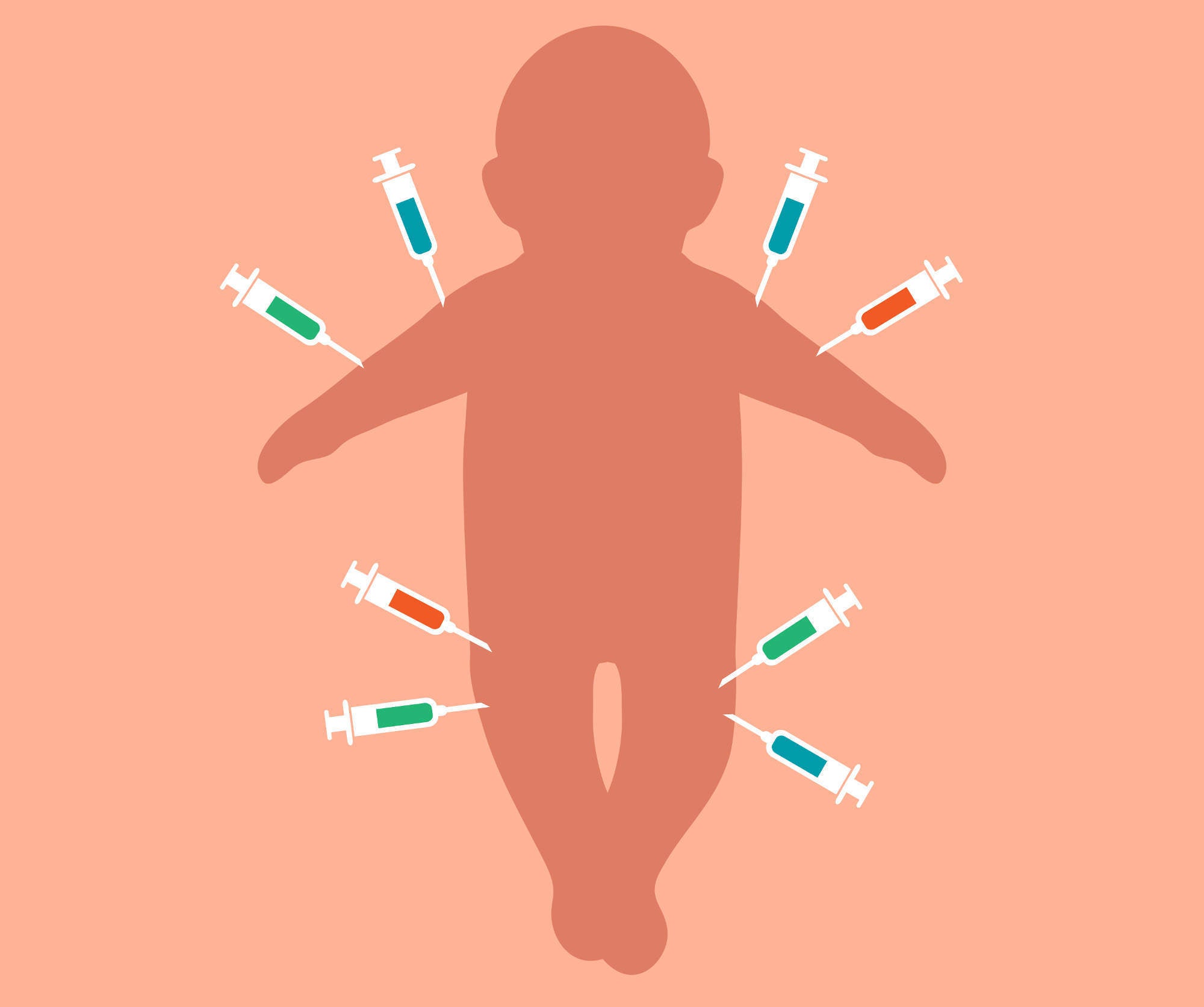People that think vaccines are dangerous — so-called anti-vaxxers — are a small but dangerous group.
Parents who refuse to get their children vaccinated because they’re worried the potential risk of vaccination outweighs any possible benefits make disease outbreaks more common.
This is a growing problem.
Over the last 12 months there have been numerous measles outbreaks across Europe, resulting in thousands of infections and 31 deaths, despite the widespread availability of highly effective vaccines.
People, and especially children, who don’t get vaccinated are at a higher risk of disease but can also potentially undermine the health of the wider community by compromising herd immunity.
Anti-vaxxers who think vaccines result in autism in children — despite scientific consensus to the contrary — regularly mention their belief on social media.

US Tariffs are shifting - will you react or anticipate?
Don’t let policy changes catch you off guard. Stay proactive with real-time data and expert analysis.
By GlobalDataUnderstanding how these views are spread online could help combat them and evaluate pubic consensus — so-called social listening.
A recent psychologist study, led by Theodore Tomeny of the University of Alabama, aimed to develop a better understanding of who is most likely to harbour negative attitudes about vaccines through monitoring online activity, so that these misconceptions could be addressed in a more targeted fashion.
During the study, 500,000 vaccine-related tweets made between 2009 and 2015 across the US were analysed and identified by keywords commonly associated with negative opinions of vaccines — “ineffective,” “unsafe,” and “autism”.
Interestingly, geographic areas with a disproportionate level of anti-vaccine beliefs were associated with larger, more affluent populations that had higher concentrations of new mothers.
These regions also had higher levels of education, meaning that individuals who were likely to be more informed of the benefits of vaccinations were more outspoken about rumours and speculations regarding vaccine safety.
The study’s findings were in line with those from numerous social studies surrounding anti-vaccine beliefs.
Social listening studies such as this can be completed cheaply and in real time, unlike traditional surveys.
The speed at which the public reaction to current health-related events could be evaluated with this approach was highlighted by sudden peaks in anti-vaccine tweets during vaccine-related news; such as in the case of the debunked US Center for Disease Control whistleblower.
Knowing who is most likely to refuse or delay vaccinations for their children is vital in the struggle to increase vaccination rates and keeping them high.
Social listening, as demonstrated by this study, can identify those most likely to refuse vaccinations as well as monitor real-time shifts in public opinion.
It has the potential to be a powerful tool in campaigns aiming to tackle misconceptions about vaccine safety and improve vaccination rates.








